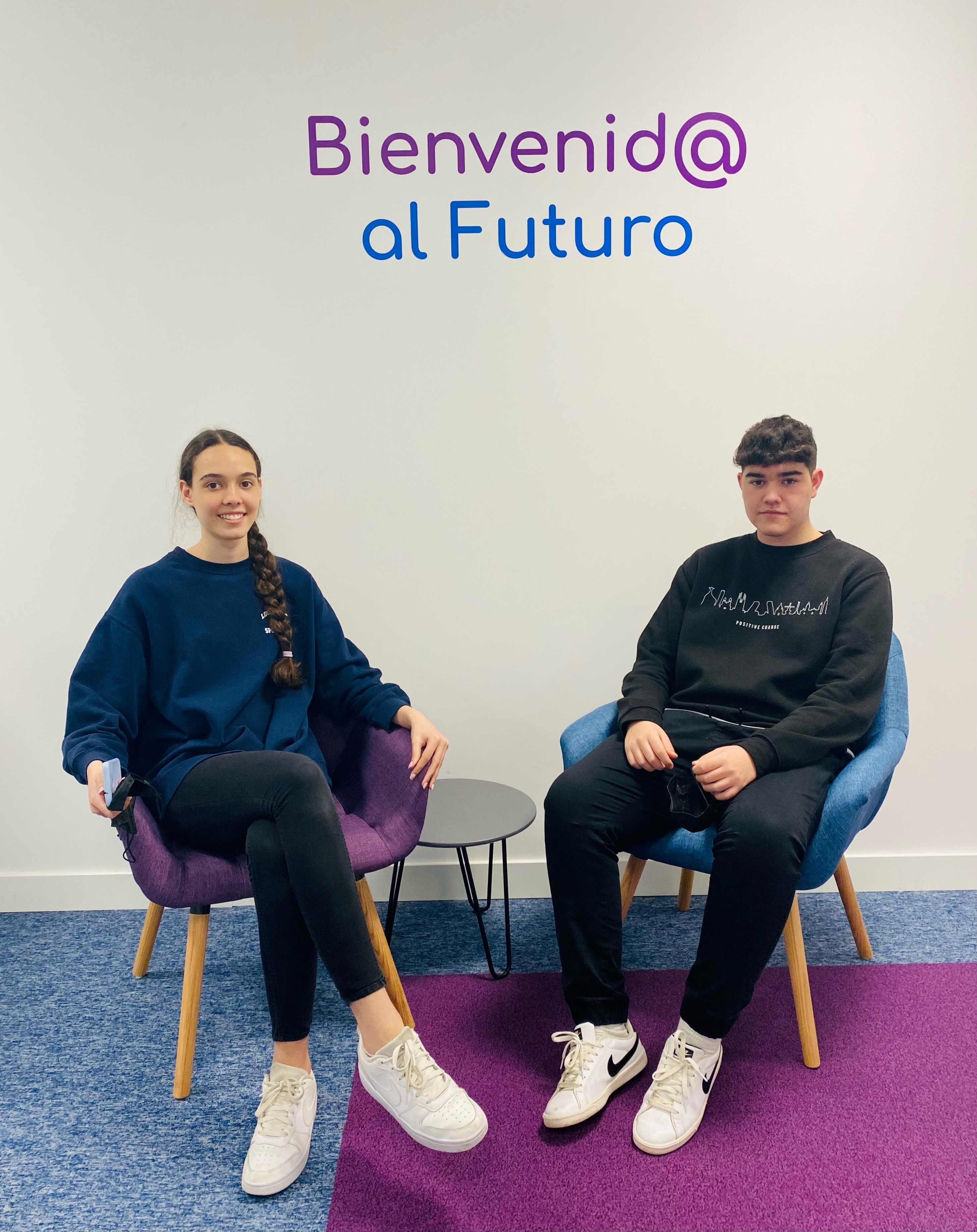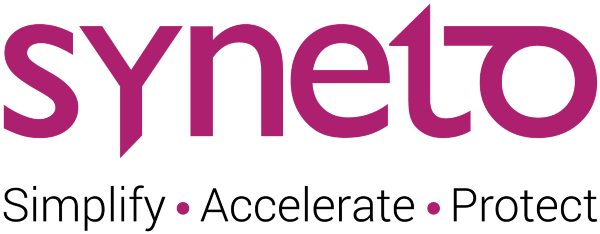In a society that often emphasizes appearance, the quest for added strands has become a fascinating phenomenon. Many individuals find themselves captivated by the allure of enhanced thickness and an abundance of strands that can completely transform their look. This desire goes beyond mere aesthetics, tapping into deeper motivations that speak to our sense of identity.
The pursuit of fuller hairstyles reflects a yearning for self-expression and individuality. People use their outer appearance to communicate their inner selves, and the addition of richer volume can be a striking way to showcase personal style. As we navigate social interactions, these choices often serve as a visual language, articulating who we are without uttering a single word.
As we continue to explore the motivations behind this fascination, it becomes evident that the connection between appearance and psychological satisfaction is profound. The additional layers of texture and fullness invite a consideration of how our choices in styling can resonate with our emotions, desires, and aspirations.
Impact of Cultural Standards on Hair Beauty Perception
The societal expectations surrounding hair aesthetics significantly influence personal notions of attractiveness. Length aspirations, often tied to cultural ideals, manifest in a strong desire for longer strands. In many cultures, flowing hair symbolizes femininity, beauty, and even social status, leading individuals to chase after these idealized traits.
Simultaneously, the obsession with added fullness shows how volume cravings shape perceptions. Thicker, more lustrous tresses are frequently considered a hallmark of health and vitality. This craving for density can drive people to pursue various methods to enhance their appearance.
As a result, achieving that coveted look often provides a noticeable confidence boost. When individuals align their appearance with societal standards, they frequently experience a heightened sense of self-worth. This transformation can be empowering, enabling people to express their identity more boldly and authentically.
Emotional Benefits of Longer and Fuller Hair
For many individuals, achieving a more voluminous and elongated mane is not just a physical transformation but also a form of emotional dressing. This aesthetic change can evoke feelings of attraction, allure, and empowerment that extend beyond mere appearance.
The quest for abundant strands often results in a significant confidence boost. The mirror reflects not just a new hairstyle but a renewed sense of self-worth. This newfound assurance allows people to engage more freely in social interactions, enhancing their personal style and facilitating connections with others.
Furthermore, adjusting one’s look can serve as a platform for self-expression. Longer and thicker strands can embody creativity and individuality, allowing for diverse styling options that reflect personal taste. This transformation can inspire individuals to explore fashion choices and redefine their image, fostering a positive self-perception.
How Hair Enhancements Influence Self-Image and Confidence
The desire for fuller, longer tresses often stems from deeper emotional connections tied to personal perception. Celebrities and fashion trends strongly impact this yearning, making thick, flowing locks synonymous with beauty and desirability. This link between appearance and self-worth fuels the popularity of hair enhancements.
Many individuals experience a noticeable confidence boost after making changes to their hair. Feeling more attractive can lead to increased self-esteem, encouraging social interactions and personal expression. The concept of emotional dressing exemplifies how our appearance affects our mindset and interactions with others.
- Fashion psychology plays a significant role in how we evaluate ourselves.
- The influence of trends can drive demand for specific styles and volumes.
- Volume cravings often lead to a longing for more dramatic looks, emulating popular figures.
- Transformations in appearance can result in powerful shifts in emotional outlook.
Understanding the factors behind this phenomenon opens new avenues for exploring personal identity. It highlights how societal pressures and the desire to fit within certain standards affect self-image. For further insights into this fascinating topic, visit https://psicomoda-it.com/.
Trends in Hair Extensions and Their Psychological Implications
Across fashion and beauty industries, the longing for enhanced tresses has surged, creating various trends that reflect deeper desires for personal expression. The quest for added length and fullness often reveals an innate wish to showcase individuality and authenticate one’s personal style.
Recent styles incorporate a mix of colors and textures, allowing individuals to curate a look that resonates with their personal identity. This flexibility in choice transforms the application of hair additions into a form of self-expression, where each decision conveys a narrative about the wearer. Whether opting for bohemian waves or sleek, straight locks, the selections made hold profound significance.
The rise of style consulting has further fueled this phenomenon, offering tailored advice on how to best achieve the desired aesthetic. Experts assist others in navigating this expansive array of options, boosting confidence and providing guidance on how external appearances can reflect internal aspirations. The connection between outward style choices and inner feelings of self-worth becomes increasingly evident.
As trends evolve, so, too, does the understanding of how these choices influence psychological well-being. Individuals increasingly draw upon their hairstyles as tools for empowerment, confirming their unique identities while engaging with broader cultural narratives.






